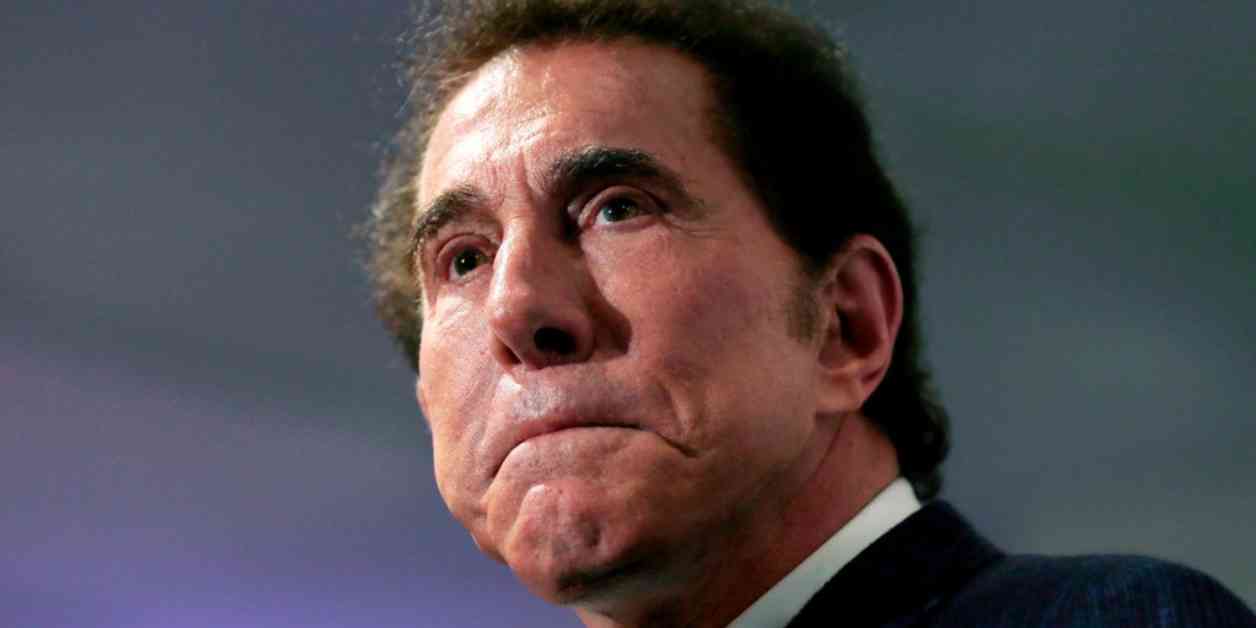The Supreme Court’s Recent Decision on Steve Wynn’s Libel Precedent Challenge
In a recent development, the Supreme Court declined a request from prominent Republican donor and former casino tycoon Steve Wynn to weaken legal safeguards for news organizations facing defamation lawsuits. Wynn sought to challenge the 1964 Supreme Court ruling in New York Times v. Sullivan, which established the standard of “actual malice” for public figures seeking defamation claims. However, the Court rejected his petition without providing further comment.
Wynn’s legal action stemmed from a report by The Associated Press detailing allegations of sexual misconduct against him from the 1970s, which he vehemently denied. This case has broader implications in the ongoing debate surrounding libel laws and the protection of free speech in media coverage of public figures.
President Trump and Conservative Justices Weigh In
Notably, President Donald Trump has expressed skepticism about current libel laws, echoing Wynn’s concerns about the need to revisit the Sullivan ruling. Conservative justices Clarence Thomas and Neil Gorsuch have also hinted at their openness to reevaluating the legal standard established in 1964. Thomas, in particular, has been vocal about his desire to reassess the “actual malice” requirement in defamation cases.
This issue gained traction in 2023 when the Court rejected a similar appeal from coal magnate Don Blankenship. Thomas and Gorsuch previously raised doubts about the Sullivan ruling in a separate defamation case, suggesting that the precedent may inadvertently incentivize false reporting by providing a shield for inaccurate information.
While there seems to be some division among the justices on this matter, with four votes needed to grant an appeal, the majority appears reluctant to revisit the established legal framework. The ongoing debate underscores the complexities of balancing free speech protections with accountability in media reporting on public figures.
Expert Analysis and Future Implications
According to Lawrence Hurley, a seasoned Supreme Court correspondent for NBC News, the Court’s decision to uphold the Sullivan precedent reflects a cautious approach to altering longstanding legal principles. Hurley emphasizes the significance of maintaining a high threshold for defamation claims involving public figures, as it serves as a crucial safeguard for robust journalistic scrutiny and public discourse.
In light of recent challenges to defamation laws and the broader implications for media freedom, legal experts stress the need for a nuanced approach that upholds constitutional rights while ensuring accountability in reporting. The intersection of free speech, press freedom, and individual reputational interests remains a complex terrain that demands thoughtful consideration by lawmakers, jurists, and media professionals alike.
As the debate over libel standards continues to evolve in the digital age, the Supreme Court’s stance on the Sullivan ruling sets a precedent for navigating the delicate balance between protecting journalistic integrity and safeguarding individuals’ reputations. The outcome of cases like Wynn’s underscores the ongoing challenges in defining the boundaries of free expression in a rapidly changing media landscape.














